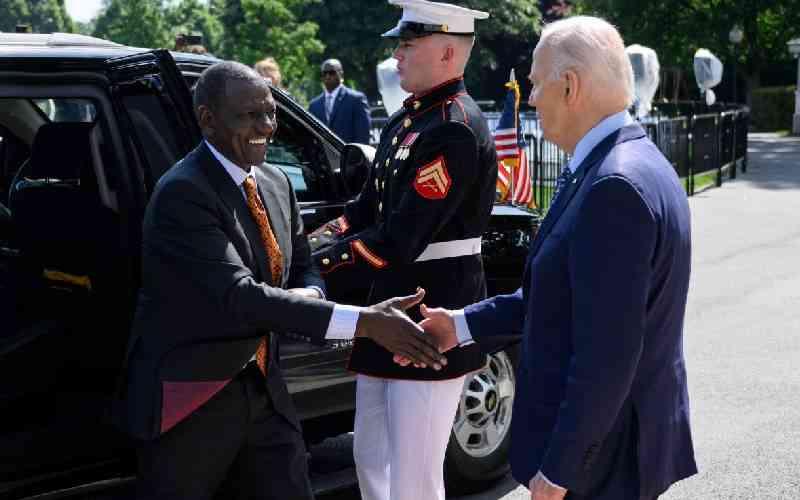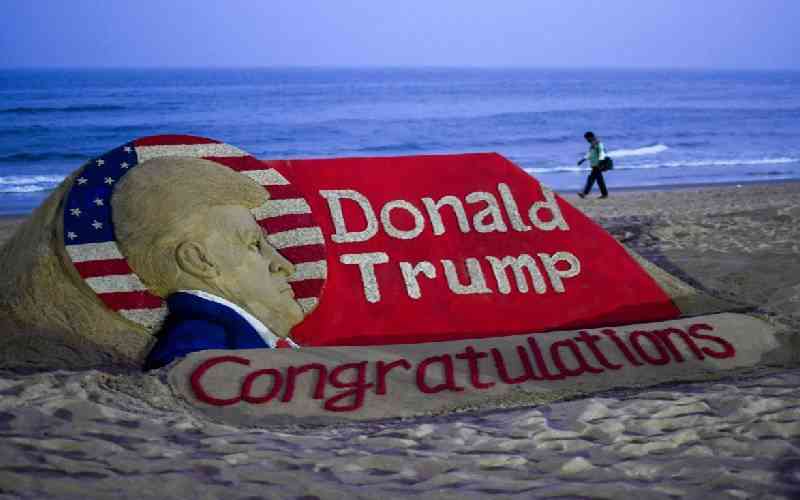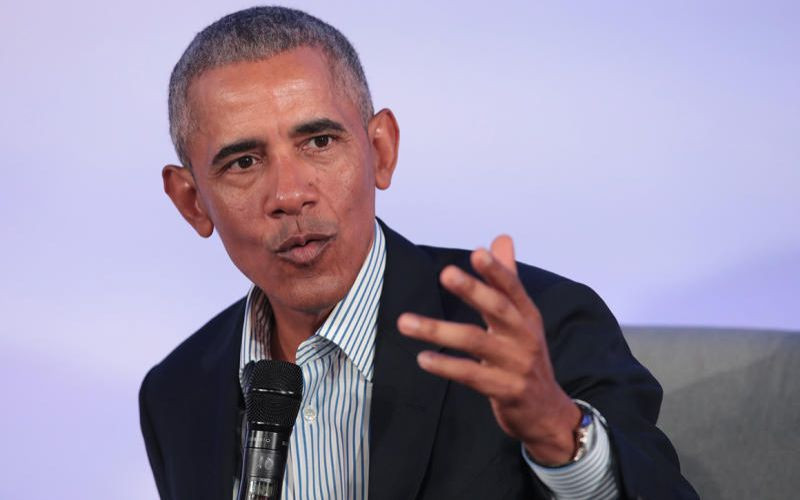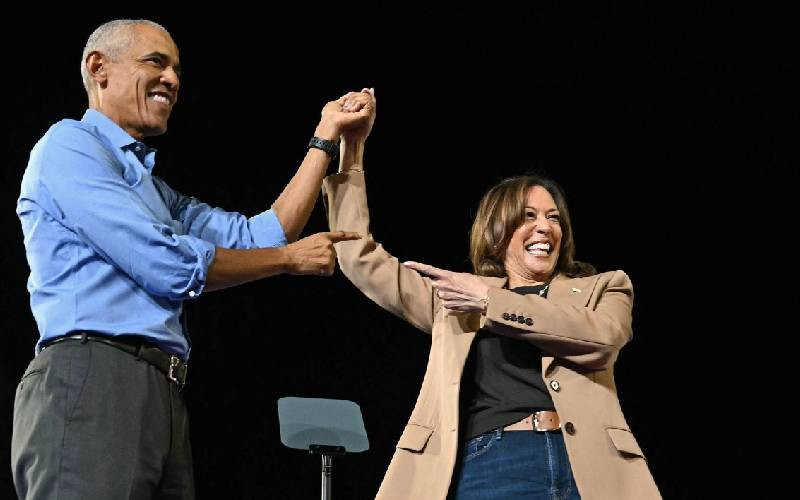The presumed world super power, that is the United States of America (USA), came and went and we remain in a country of our forefathers and as POTUS said, borrowed from our children and grandchildren but not inherited from our forefathers.
The hype and expectations from the visit by the President of the United States of America (POTUS) to Kenya began as soon as the announcement came from the White House that POTUS will be attending the Global Enterprise Summit (GES2015) in Nairobi. The reality to these expectations followed and began unfolding bit by bit right from the arrival of POTUS until his departure.
Reminiscent of the divisions within the Kenyan society, there was divergence in expectations from POTUS’ visit depending on our ethnic, political, economic and social affiliation as well as our level of understanding. Some expected the visit to boost Kenya’s image, security, economy and relations between Kenya and USA.
Others expected POTUS to hold Government to account on governance, security and other issues bordering on ineptness in leadership. Yet there are also those who simply expected it to be an emotional homecoming for ‘their son’ who is the most powerful man on earth. These expectations reflected what each group would want to see done to make Kenya a better place.
However, the USA too had its own expectations. Political realism dictates that a nation can only advance its interests against the interests of other nations. Prescriptive political realism argues that whatever the actual state of international affairs, nations do only pursue their own interests to either eliminate or reduce their dependency on other nations.
But the big question remains, has the terrorism overhang currently dominating US foreign policy totally eclipsed Washington’s support for democratisation, good governance and economic development that were the hallmarks of US African policy during the 1990s?
The differences in expectations between USA and Kenyans on POTUS’ recent visit are therefore informed by each other’s divergent interests. However, the sum total of expectation from all Kenyans converges at making Kenya better and more prosperous. Form the visit of POTUS, Kenyans may claim a boost in the image of the country and improved relations between Kenya and USA. But do these have the potential of making Kenya better and prosperous? If yes, then how? It can only be the case if they cause the Kenyan citizenry and visitors to be safe, acquire jobs, earn decent living, receive value in public services from their government and enjoy peace. These are majorly facilitated through increased investments coupled with effective and competent governance systems.
However, these positive variables have got some compelling competitors in the negative that form the major risks to their achievement.
These are poor governance, fiscal indiscipline, incompetence, insecurity, corruption, lack of peaceful co-existence, appalling ethnic relations and a faulty electoral system.
But why do these matter? This is simple: Kenya can receive lots of Foreign Direct Investments (FDI), new start-ups and enormous tourist visits. But all these can be blown up in a second by poor governance. The case of 2007/2008 is still vivid in our minds. Therefore, it is fundamental that whoever cares about business, about investments, about prosperity of the Kenyan people MUST first and foremost deal with governance. Once this is done, all else will either fall in place, or be easier to put in the correct perspective.
 The Standard Group Plc is a
multi-media organization with investments in media platforms spanning newspaper
print operations, television, radio broadcasting, digital and online services. The
Standard Group is recognized as a leading multi-media house in Kenya with a key
influence in matters of national and international interest.
The Standard Group Plc is a
multi-media organization with investments in media platforms spanning newspaper
print operations, television, radio broadcasting, digital and online services. The
Standard Group is recognized as a leading multi-media house in Kenya with a key
influence in matters of national and international interest.
 The Standard Group Plc is a
multi-media organization with investments in media platforms spanning newspaper
print operations, television, radio broadcasting, digital and online services. The
Standard Group is recognized as a leading multi-media house in Kenya with a key
influence in matters of national and international interest.
The Standard Group Plc is a
multi-media organization with investments in media platforms spanning newspaper
print operations, television, radio broadcasting, digital and online services. The
Standard Group is recognized as a leading multi-media house in Kenya with a key
influence in matters of national and international interest.








